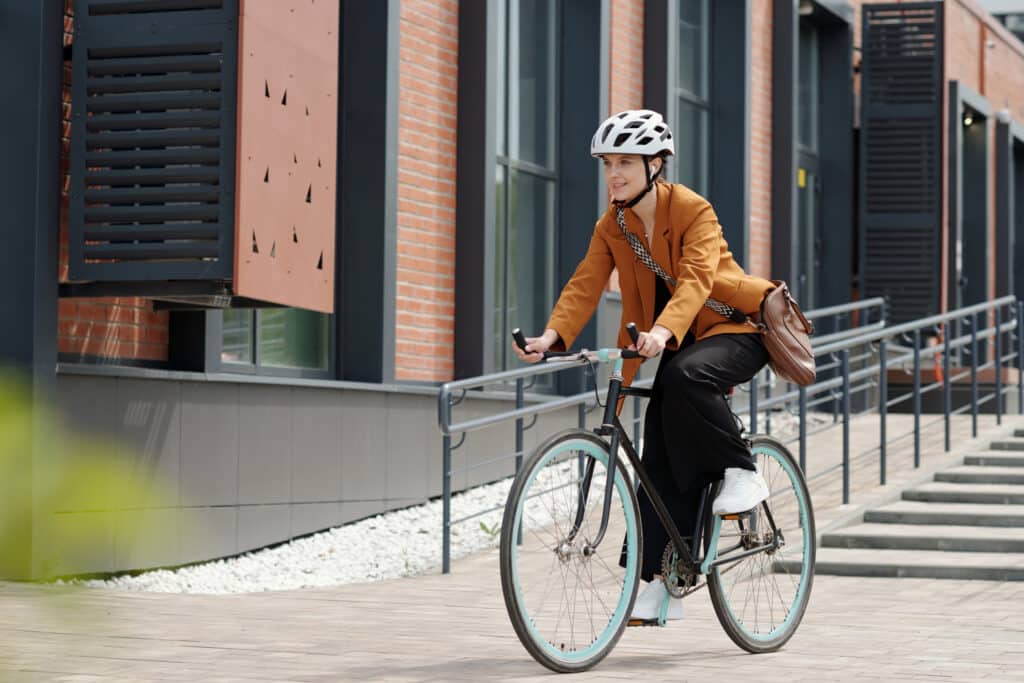2011 Year in Review: Culture


On Dec. 1, United Way of Central Iowa announced that Shannon Cofield would step down as president at the end of the year. Cofield accepted a position as executive vice president at Relationship Marketing Inc., a privately held business in Urbandale.
Cofield joined United Way of Central Iowa in 2004 and has spent 22 years with United Way organizations in three different communities. She said she felt it was time to “pass the baton” to a new leader because she had accomplished what she was hired to do.
Board Chairman Steve Chapman said the search for Cofield’s replacement is under way.
Current and past board members met Dec. 2 to put together a candidate profile and talk more in depth about the search process. Chapman also said the board was already looking at five candidates.
Because the local United Way organization has so much momentum in its education and health initiatives, Chapman said he doesn’t want to disrupt it with a long and extended search, saying he would like to find a new president sooner rather than later. “We want to move as quickly as we can, while at the same time not shortchange the process,” he said.

On July 1, Kristi Knous took over as president and chief operating officer of the Community Foundation of Greater Des Moines, replacing J. Barry Griswell.
Griswell, who was the foundation’s president for three years, moved to fill the spot of CEO.
Knous has been with the organization since April 2002 and was promoted from her position of vice president for donor relations and community investment, which she had held since March 2006.
Under Knous’ leadership, the foundation has launched Giving Cards, a gift card program that allows recipients to donate to a charity of their choice, and partnered with dsm magazine to host Sages Over 70, an event honoring Des Moines leaders.

Americana Restaurant & Lounge opened in June across from the John and Mary Pappajohn Sculpture Park at 1312 Locust St. The restaurant offers American cuisine with a late-1950s twist and was started by Mike Utley, former general manager of Court Avenue Restaurant & Brewing Co., and its owner, Scott Carlson.
Americana serves lunch and dinner seven days a week, with brunch offered on Sundays. It was the first dine-in bar and restaurant to be located on the south side of Locust between 10th and 12th streets since the sculpture park opened in late 2009.
This summer, the East Village became home to Zombie Burger + Drink Lab, opened by chef and restaurateur George Formaro. The restaurant, named after the entrepreneur’s love of hamburgers and horror movies, offers carryout and full-service dining in the e300 building at East Fourth Street and Grand Avenue.
It operates seven days a week and stays open until 4 a.m. on Fridays and Saturdays.
Cuatro Burrito and Taco Bar also opened this summer on the corner of Fourth and Walnut streets, The Asian-Mexican fusion burrito and taco bar allows diners to create their own dishes by picking a type of tortilla and then making their way through the condiment and ingredient line.
The eatery is open from 11 a.m. to 2 a.m. Monday through Thursday and 11 a.m. to 3 a.m. Friday and Saturday.
Filling the giving gap
A June 17 article took a look at Des Moines leaders’ ability to improve the quality of life through philanthropic and charitable endeavors, such as the John and Mary Pappajohn Sculpture Park and the Science Center of Iowa; United Way of Central Iowa’s donations to human services; and the Greater Des Moines Partnerships efforts to improve economic development.
But the more important aspect the article looked at was who would fill these leaders’ shoes? The Capital Crossroads plan’s Competitive Capacity Assessment took into account public input from surveys, focus groups, one-on-one interviews and a steering committee made up of some of the key civic and business names in the region.
The assessment commended Greater Des Moines for its “long history of strong civic capacity demonstrated by a succession of forward-thinking public and private leadership.” But, it warned, “Some stakeholders are concerned that the ‘next generation’ of leaders has yet to be identified, leading to a potential ‘philanthropic gap’ as older leaders step aside.”
It’s an assessment not taken lightly, but one that leaders think is addressable through demonstrating the value of giving and connecting with the younger generations.
“In the future, I don’t know if we’ll have those 10 huge names with just incredible resources that can take on enormous community projects on their own,” said Kristi Knous, president of the Community Foundation of Greater Des Moines. “More and more, we’re going to need to bring more people around the table to pool our funding together to make those projects happen.”
Problems facing the arts community
On Sept. 2, the Business Record asked leaders about the biggest challenges facing the arts community in Des Moines.
Jeff Fleming, director of the Des Moines Art Center, said although the Des Moines community understands that arts and culture organizations add to the quality of life, it needs to do a better job in positioning itself as having important contributors to the “economic vitality” of the region. He said this is important to draw in qualified candidates from outside Iowa.
Zachary Mannheimer, executive director of the Des Moines Social Club, thinks Des Moines is too risk averse: “That’s beginning to change, certainly. … When an artist has an idea to produce an event or a show or a piece of work, or whatever it is, the artist needs to be encouraged to get the work done, have a space to do that and have some sort of funding available to make it happen so they can sell the work and begin to get an income.”
MD Isley, executive director of Bravo Greater Des Moines, believes the problems lies in lack of funding and appreciation. “The arts community, typically, nationally as well, sees less than 5 percent of all charitable contributions,” he said. “Certainly Des Moines is very supportive and very appreciative. We’ve still got some work to do around understanding the value that the arts bring to the community.”









